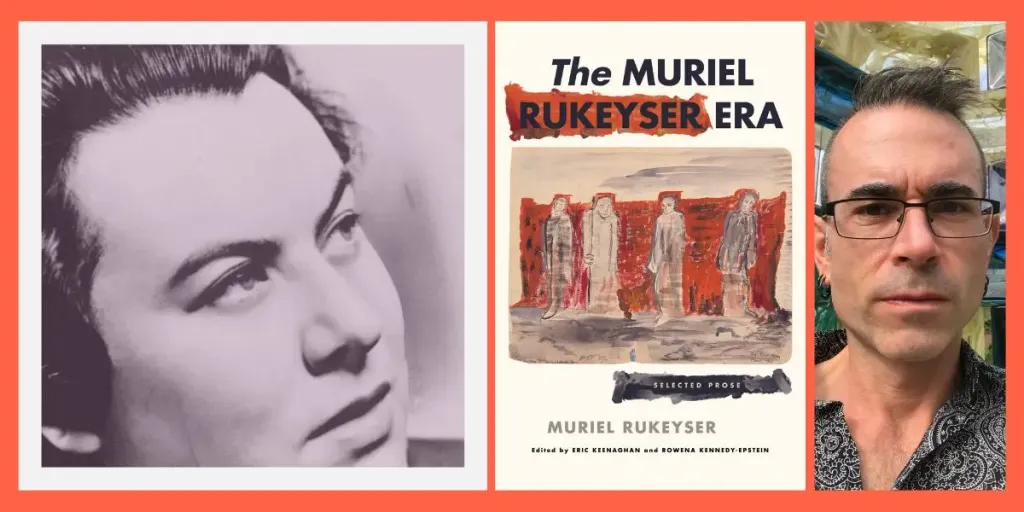
What Makes an Archive LGBTQ+? The Case of Poet-Activist Muriel Rukeyser
Wednesday, June 12, 6-7pm
Registration is appreciated. Please email programs@hudsonarealibrary.org or call 518-828-1792 x101
This talk is presented in partnership with OutHudson.
Hudson Area Library
51 N 5th St
Hudson, NY 12534
Determining whether a literary archive and its contents ought to be labeled as “LGBTQ+” is not a straightforward matter, even if the author self-identified or was perceived as a member of a sexual or gender minority. Local scholar and author Eric Keenaghan will lead a discussion about this matter, as considered through the lens of twentieth-century, New York City-based poet and activist Muriel Rukeyser (1913-1980).
Usually referred to as bisexual but perhaps better fitting the term pansexual, Rukeyser was a sex positive writer and throughout her life had sexual and romantic relationships with persons of both genders. Though progressive or even radical, Rukeyser rejected affiliation with both the mid-century homophile movement and the later post-Stonewall gay and lesbian liberation movement. Though she was publicly known to be queer, only traces of her same-sex relations can be found buried in her personal papers, archived at the New York Public Library’s Berg Collection and the Library of Congress’s Manuscript Division.
These facts prompt a few questions: If we approach Rukeyser’s and other queer writers’ archives as LGBTQ+ archives, what should we expect to find there? How might such archives usefully change our presuppositions about what queer life and queer literary writing were, are, and could be in the future? In this participatory event, Keenaghan will give a brief introduction to Rukeyser, discussing his experience of researching her papers, sharing slides of some archival materials related to her life as a queer woman, and providing a little background about how some queer studies scholars have approached the question of LGBTQ+ archives and history. Attendees will then be invited to share their insights about what is or is not “queer” about the case of Rukeyser’s archive and how it even could expand our understandings of LGBTQ+ self-representation and experience today.